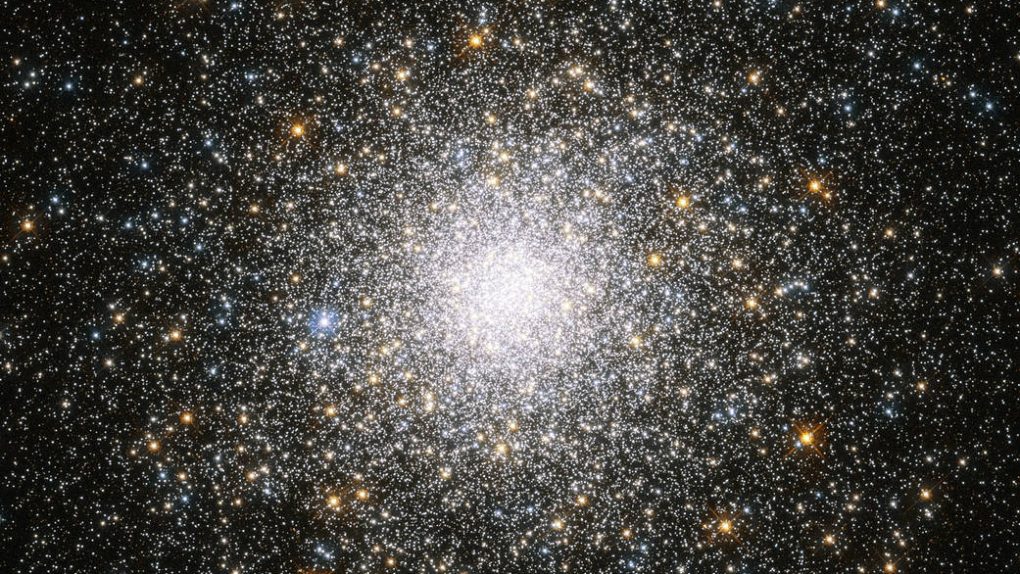While astronomers have only recently been able to spot a black hole directly, there’s a lot that scientists think they know about them. For starters, it’s believed that they exist in the hearts of most large galaxies including our own, and their incredible pull can literally tear apart just about anything, including stars.
So, if black holes are common in larger galaxies, a black hole situated at the center of a smaller dwarf galaxy should be no big deal, right? A new research paper suggests that dwarf galaxies, which are plentiful in the universe, can have their growth stunted by black holes that reside inside of them.
The study, which was published in the Astrophysical Journal, examined 50 dwarf galaxies that were observed by the Sloan Digital Sky Survey. Of those 50 dwarf galaxies, 29 of them are believed to hold black holes, and the scientists were able to use their observations to tell a larger story about how black holes may affect the ability of a small galaxy to form new stars.
In six of the galaxies the team studied, strong gas outflows were observed. These gasses were being pushed out by the black holes at their centers. This may sound counterintuitive, since black holes are notorious for sucking up anything within reach, but it actually makes a lot of sense.
As a black hole is gobbling up matter it actually generates energy that radiates out into space. That energy pushes gasses in the galaxy outward with enough force that it leaves the galaxy entirely. This is called outflow, and in the case of a small galaxy, the loss of such gasses can dramatically hinder the galaxy’s ability to form new stars.
“In these six cases, the wind has a negative impact on star formation,” Laura V. Sales, co-author the research, said in a statement. “Theoretical models for the formation and evolution of galaxies have not included the impact of black holes in dwarf galaxies. We are seeing evidence, however, of a suppression of star formation in these galaxies. Our findings show that galaxy formation models must include black holes as important, if not dominant, regulators of star formation in dwarf galaxies.”
Learning how dwarf galaxies function can give astronomers a better handle on the ebbs and flows of our own, much larger galaxy. Recently, a separate study showed that the Milky Way is a bit of a thief when it comes to matter. Going forward, it’ll be interesting to see if scientists draw a link between the loss of gasses in dwarf galaxies orbiting the Milky Way and our galaxy’s habit of slurping up matter in nearby space.








